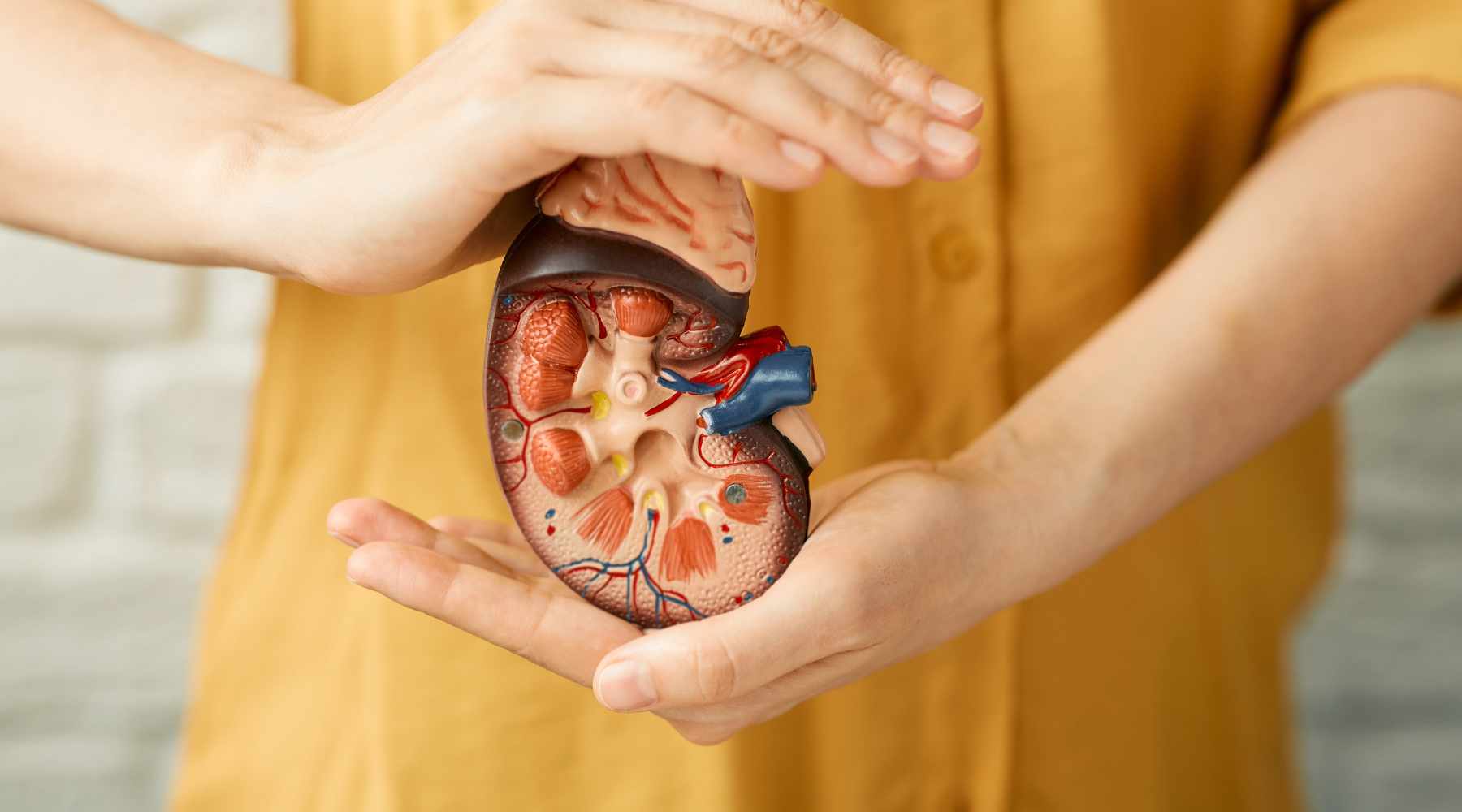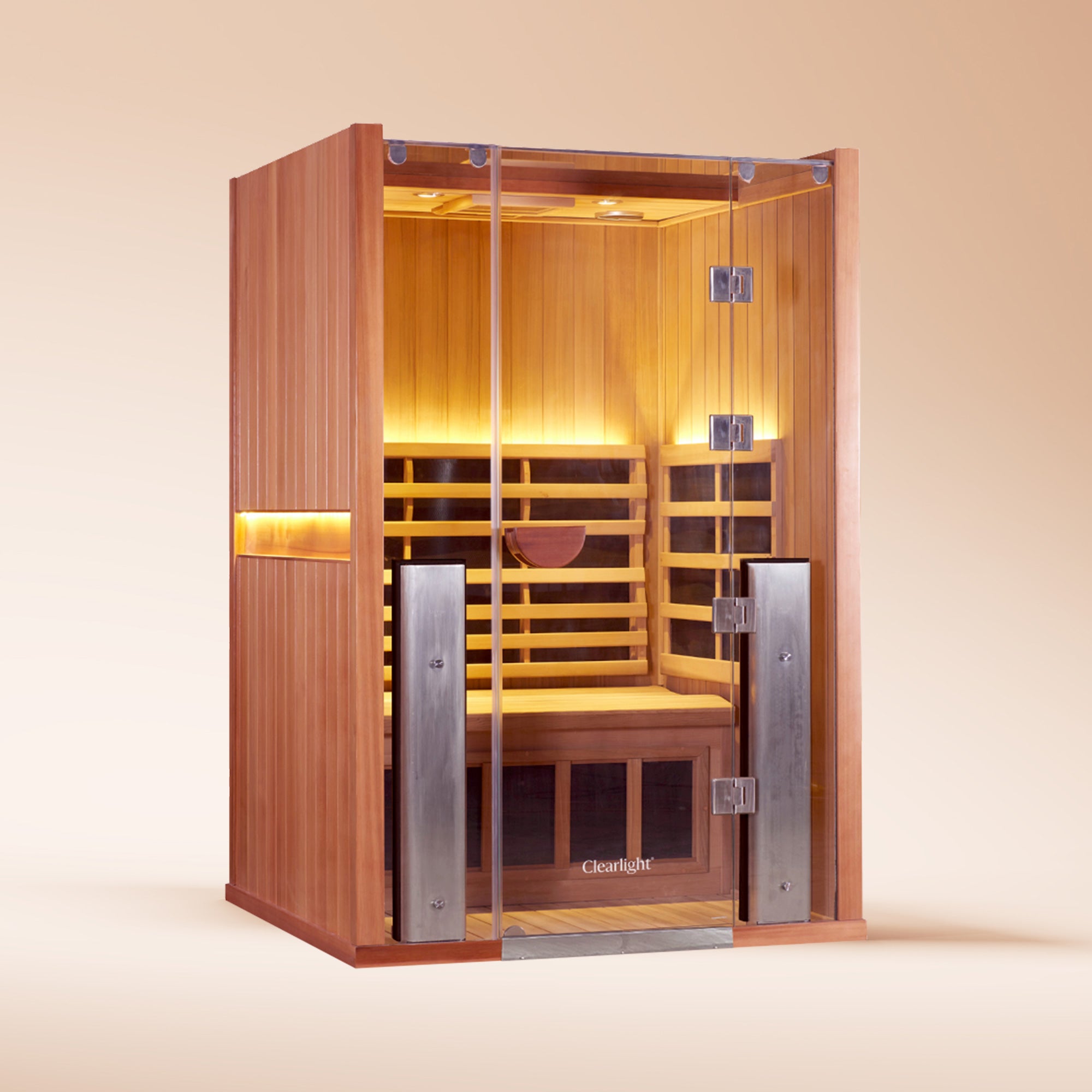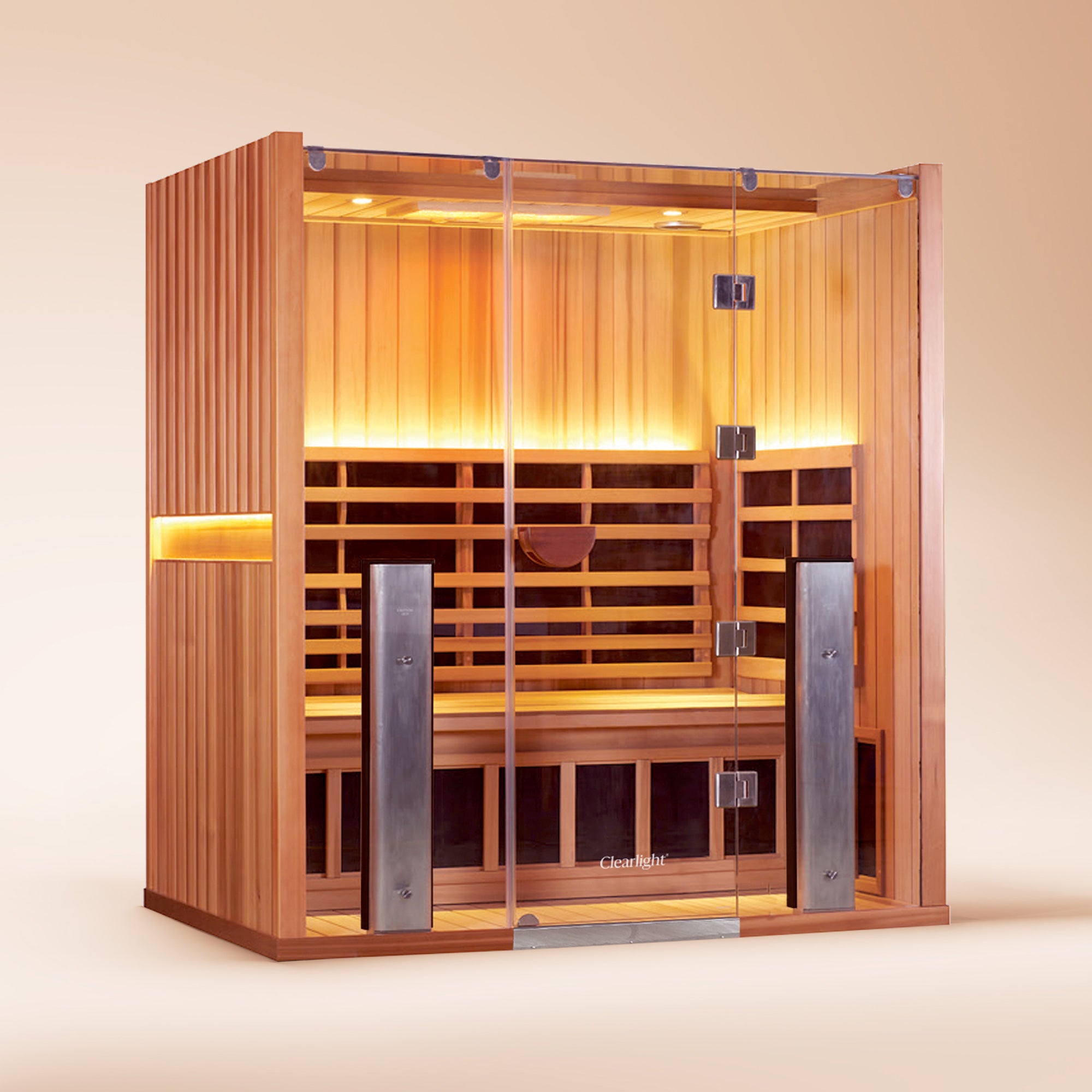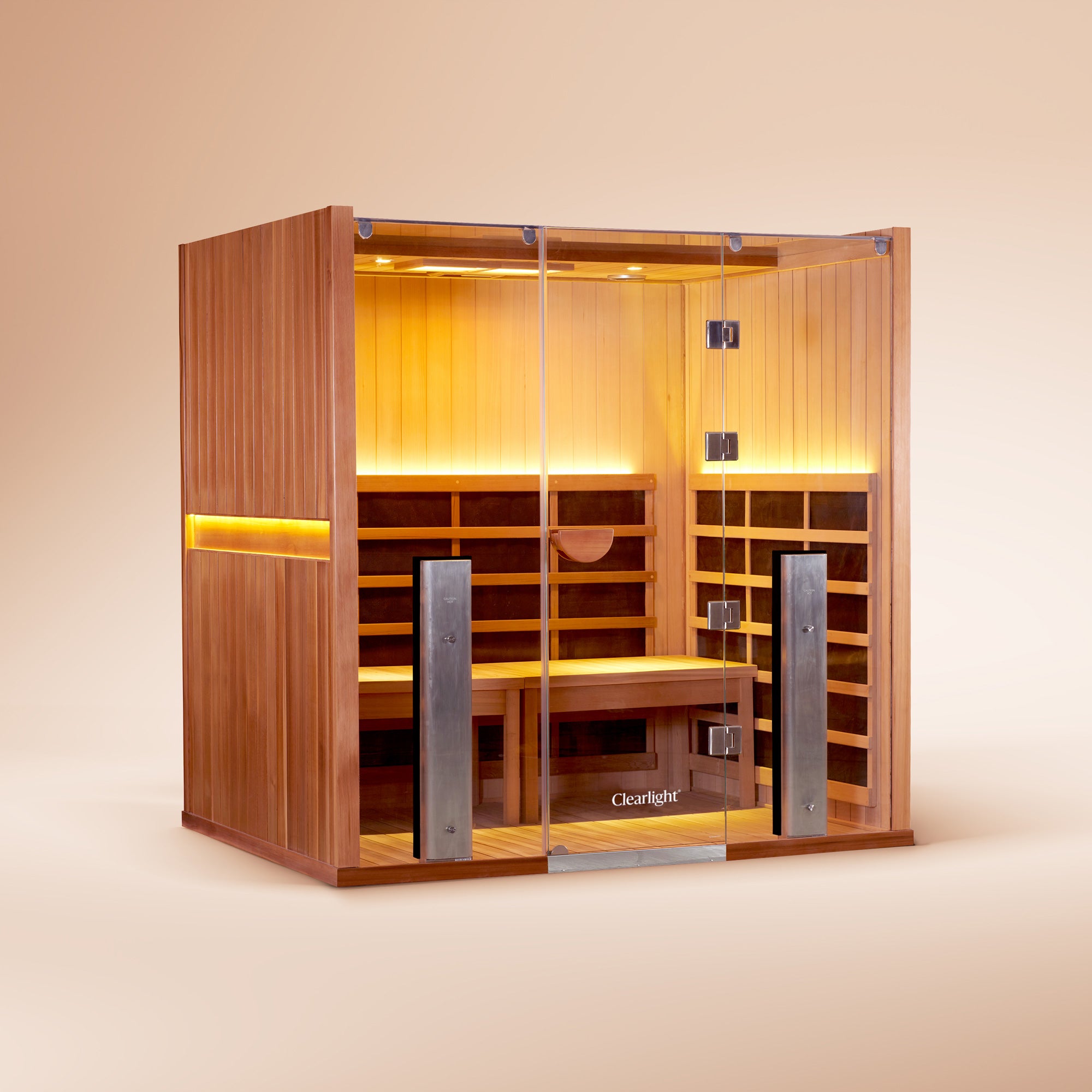The thought of passing a kidney stone is perhaps one of the more confronting things our imagination can throw at us. So it is only natural that we look to things that we already know are good for us, to see if they can help with this disturbing and painful problem.
Can infrared saunas help the prevention of kidney stone development? That's the question that we will be answering today. Infrared saunas provide multiple health benefits that support many of our bodily functions.
From detoxification to arthritis pain, it seems the only logical that the benefits of infrared saunas stretch to our organs and their functions. But how do kidney stones affect us?
The Kidney organisation estimates that in the U.S. alone, more than half a million people are hospitalised for the treatment of kidney stones, and the number is rising.
They say that the number of kidney stones being treated has risen from 3.8% in the 1970s to nearly 9% in the late 2000s, suggesting that they are becoming more apparent in the population today.
Thankfully, we only need to make a few relatively small changes to our diet to ensure the risk of developing a stone is relatively low.
Although, some of the best things in life - like exercising and spending time inside a sauna - can dehydrate our bodies, which poses an added risk of developing a kidney stone.
Today, we’re going to cover the topic in full, and dispel the myths surrounding saunas, sweating and the health of our kidneys.

What Causes Kidney Stones?
Kidney stones, otherwise known as renal calculi or nephrolithiasis, form inside the kidneys and the urinary tract when there are more crystal-like substances than your body is able to dilute inside the kidneys.
Remember, our kidneys are responsible for filtering waste products from our blood and urine, and also control our blood pressure and return vitamins, amino acids and hormones back into our bloodstream.
If the kidneys are unable to process certain substances, these waste byproducts can build up, and create a hard crystal that results in a kidney stone.
According to the Mayo Clinic these crystal-like substances include calcium, oxalate and uric acid, which can be difficult for your body to process and break down into a liquid; hence the formation of a crystalised stone, otherwise known as a kidney stone, which is made worse if the body is dehydrated and does not have enough liquid to dissolve the chemicals.











Clearlight Vs. Sun Stream: Which UK Infrared Saunas Are Better?
Cheap Saunas vs Expensive Saunas: Which One is Worth It?